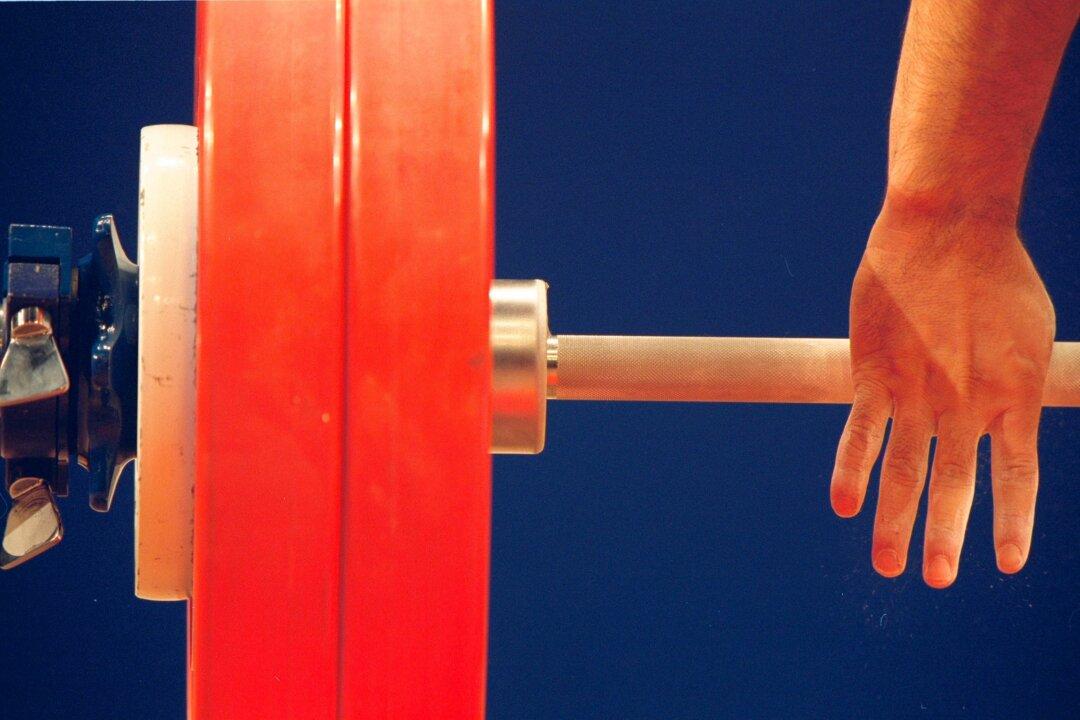April Hutchinson, a female powerlifter with Team Canada and a North American deadlift record holder, says she welcomes a newly enforced policy regarding transgender individuals competing in the sport.
The policy update from the International Powerlifting Federation (IPF) would mandate specific maximum testosterone levels and provision of medical records for transgender athletes before and during competition, as well as a valid passport issued in the gender of competition for at least four years.





